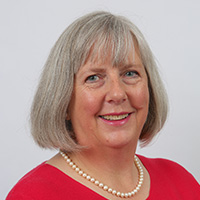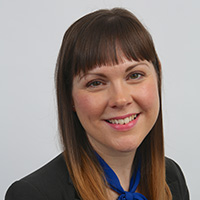Intestacy Solicitors York, Wetherby & Malton
Dealing with a death and the accompanying administrative responsibilities can be difficult enough to manage. However, if someone has died without leaving a Will, you can feel at a total loss. Here we address some common concerns that arise when a family member dies ‘intestate’.
For reliable advice at a challenging time, speak with our compassionate probate lawyers today on 01904 716000 (York), 01937 583210 (Wetherby) or 01653 692247 (Malton), or use our online contact form.
Who administers the estate?
Ordinarily, a Will names an executor (or executors) to carry out the probate process. When a person dies intestate (without leaving a Will), a detailed set of rules stipulate who can apply for a grant of letters of administration, entitling them to deal with the estate. This is usually the deceased’s closest living relatives.
If the deceased has no surviving relatives, the estate will pass to the Crown and the Treasury will administer it.
Applying for letters of administration
You will need to apply to Court for letters of administration, with a completed inheritance tax form, legal statement and the appropriate probate fee.
Probate application fees
For estates over £5000, the fee will vary depending on who makes the application:
- £215 if the application is made by an individual
- £155 if the application is made by a solicitor
There is no probate application fee for estates under £5000.
How are assets distributed?
When inheritance tax has been paid and any debts settled, the estate can be distributed according to the intestacy rules. These rules decide how the estate will be allocated, depending on the deceased’s family situation.
Married or in a civil partnership with no descendants
In cases where the deceased has no children, grandchildren or great grandchildren, the surviving partner will inherit:
- the deceased’s personal property and belongings
- the entire estate with interest from the date of death
Married or in a civil partnership with children or grandchildren
If the estate is valued at more than £270,000, the deceased’s partner will inherit:
- the deceased’s personal property and belongings
- the first £270,000 of the estate
- half of the remaining estate
Children of the deceased will receive the other half of the remaining estate equally. If there are no surviving children, this half is shared equally between any grandchildren (or great grandchildren if there are no living grandchildren).
Cohabiting partners
Partners will only inherit under the rules of intestacy if they were legally married or in a civil partnership at the time of death. Cohabitants should seek legal advice as they may be able to make a claim on the estate in certain circumstances.
Other situations
If none of the above situations apply, it is possible that other close relatives (such as siblings or nieces and nephews) may inherit. Given the potentially complicated process of distributing an estate where there is no Will, it is highly advisable to obtain guidance from a probate solicitor.
Speak to our Wills and Probate Lawyers in Yorkshire
A bereavement often feels overwhelming, especially when you have to navigate the complexities of probate. Ware & Kay are adept at handling all kinds of probate scenarios, including those where a person has died without leaving a Will. Our exhaustive knowledge of tax law, property law and trust law means we are perfectly placed to guide you with precision and care throughout the probate process.
To learn more about our services, contact our wills and probate lawyers today on 01904 716000 (York), 01937 583210 (Wetherby) or 01653 692247 (Malton), or get in touch using our online contact form.


 York -
York - 








